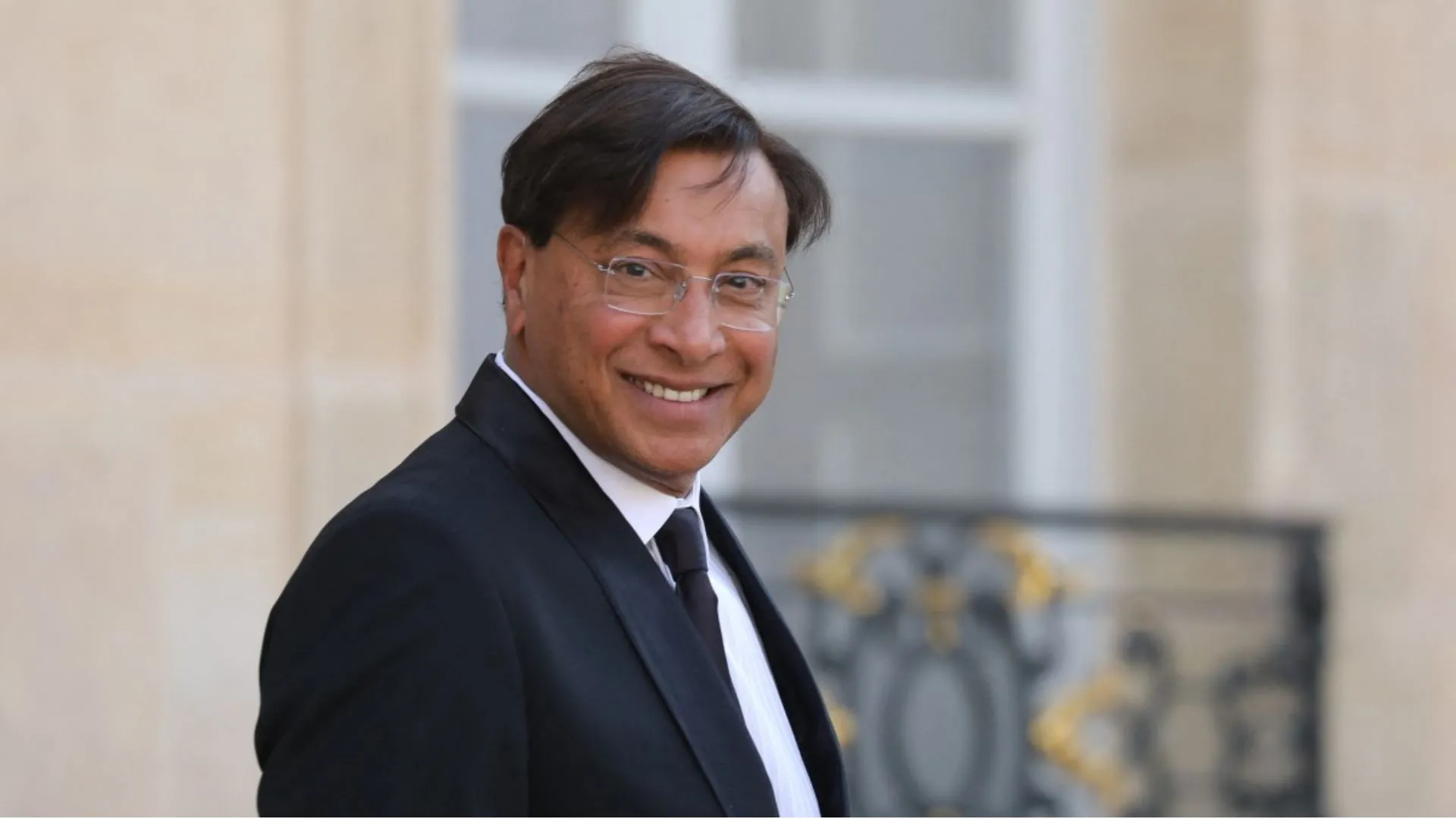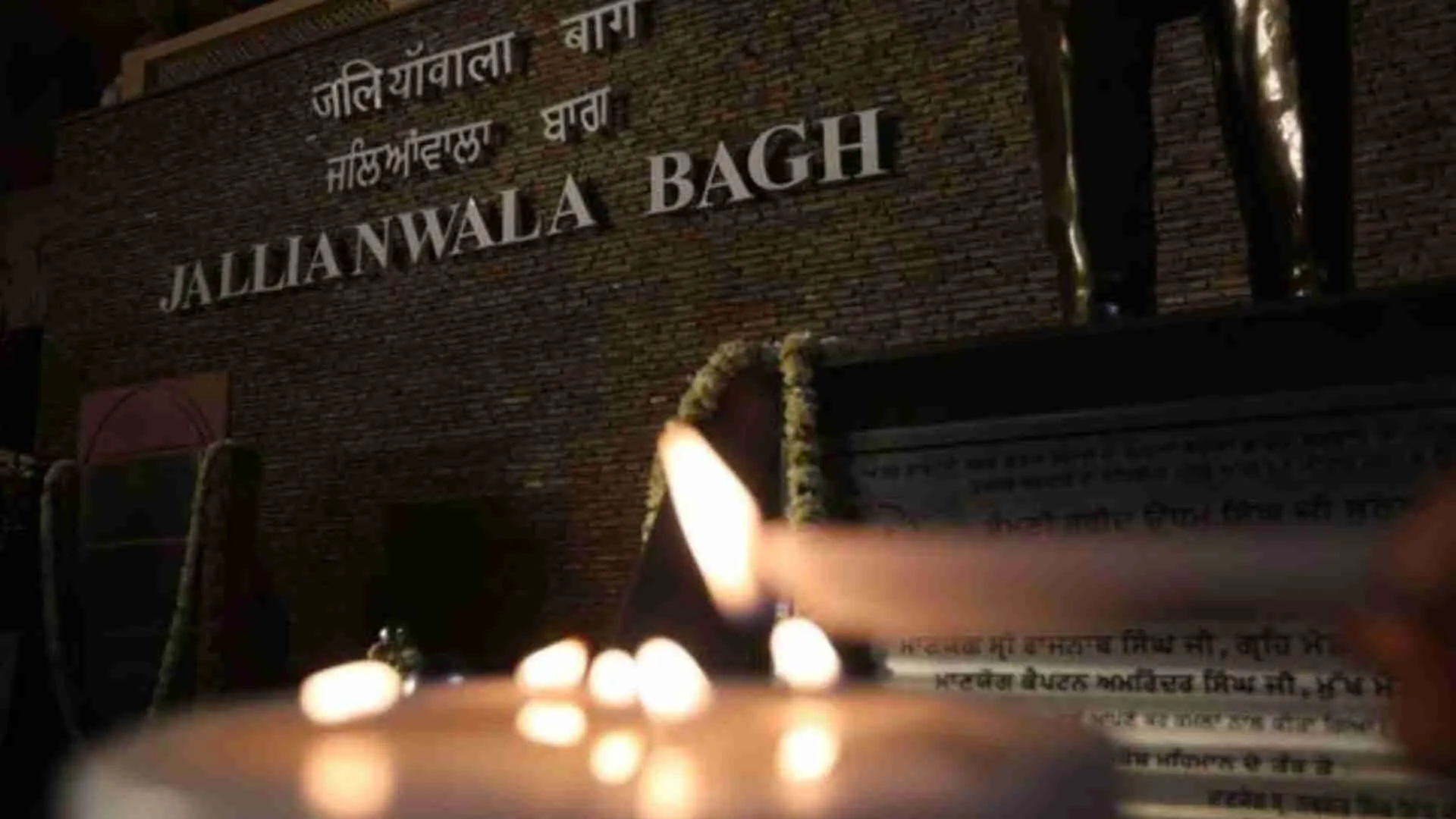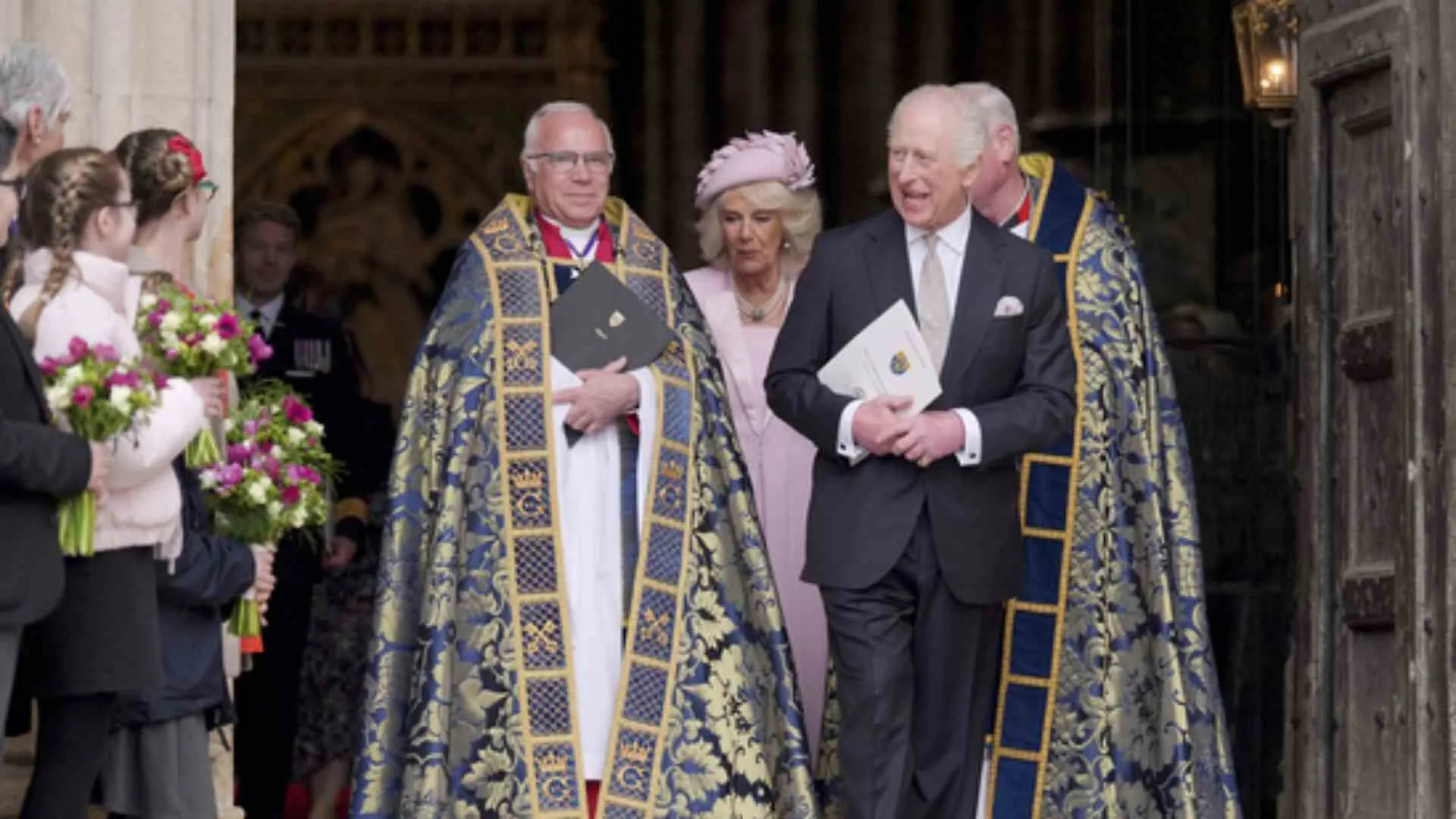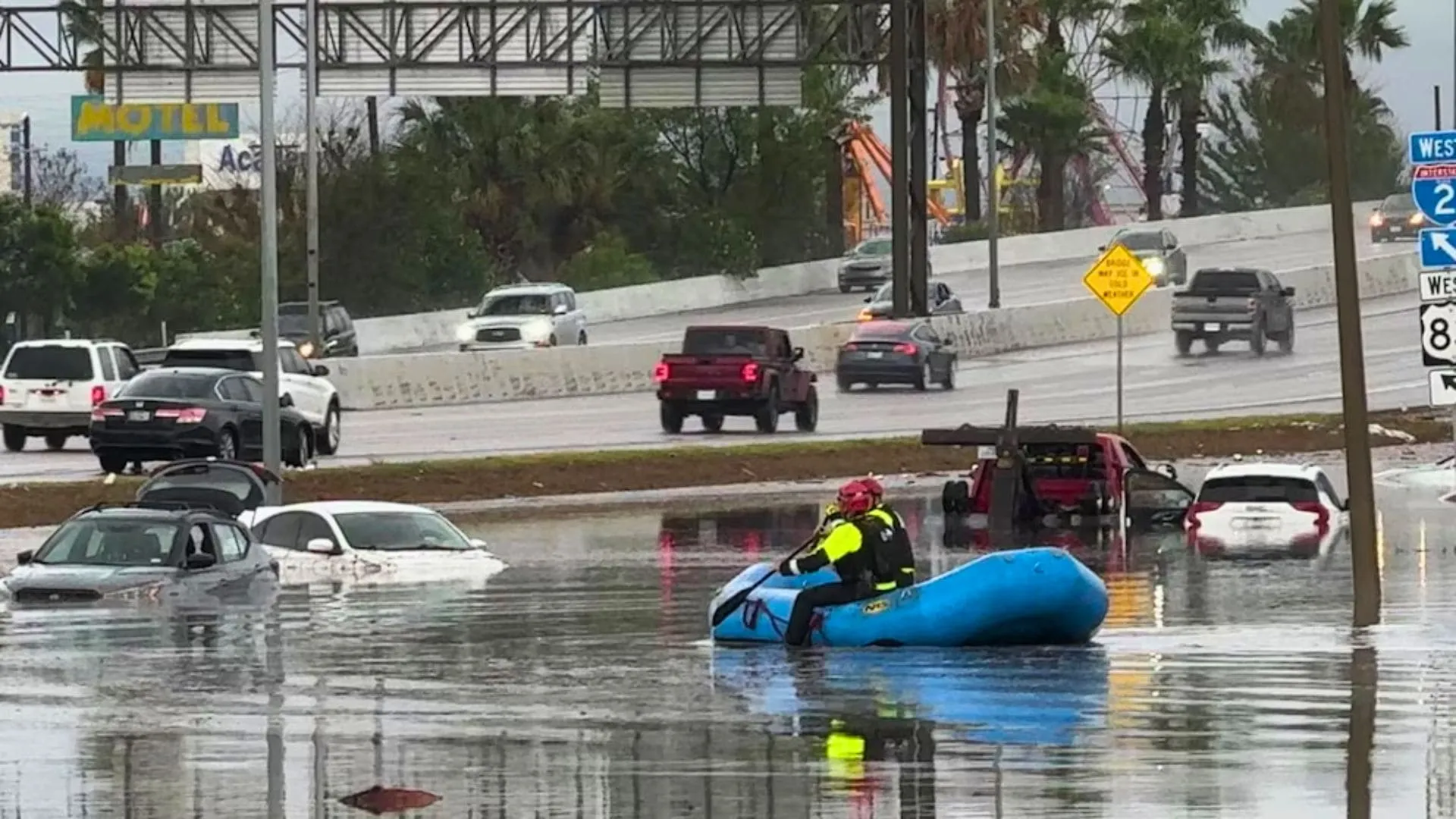Iceland held a snap election on Saturday, with voters eager for change as the country grapples with a cost of living crisis. The election could see the ruling coalition, currently made up of the Left-Green Movement, the conservative Independence Party, and the centre-right Progressive Party, lose power after seven years of governance. The crisis, driven by high inflation and borrowing costs, has significantly impacted the population’s everyday life, with mounting hardship emerging as a key issue for voters.
Although Iceland is one of the wealthiest nations in Europe, the economic slowdown, exacerbated by volcanic eruptions near Reykjavik, has led to increased financial stress. The crisis has intensified voter dissatisfaction, fueling calls for political change. Additionally, high immigration rates have pressured housing and healthcare services, creating further frustration.
A snowstorm in the eastern part of the country could delay vote tallying, but the results are expected by Sunday morning. The election has reignited discussions on EU membership, with polls indicating that pro-EU parties like the Social Democrats and the Liberal Reform Party are poised to secure about 40% of the vote.
The Social Democratic Alliance, led by Kristrun Frostadottir, is poised to become a major player in the next government. Frostadottir, a 36-year-old economist, has positioned herself as a defender of the Nordic welfare model and a likely candidate for prime minister.
With public discontent growing over migration, energy, and housing issues, the election results will likely determine whether Iceland embraces a shift in political direction to address these pressing concerns.























